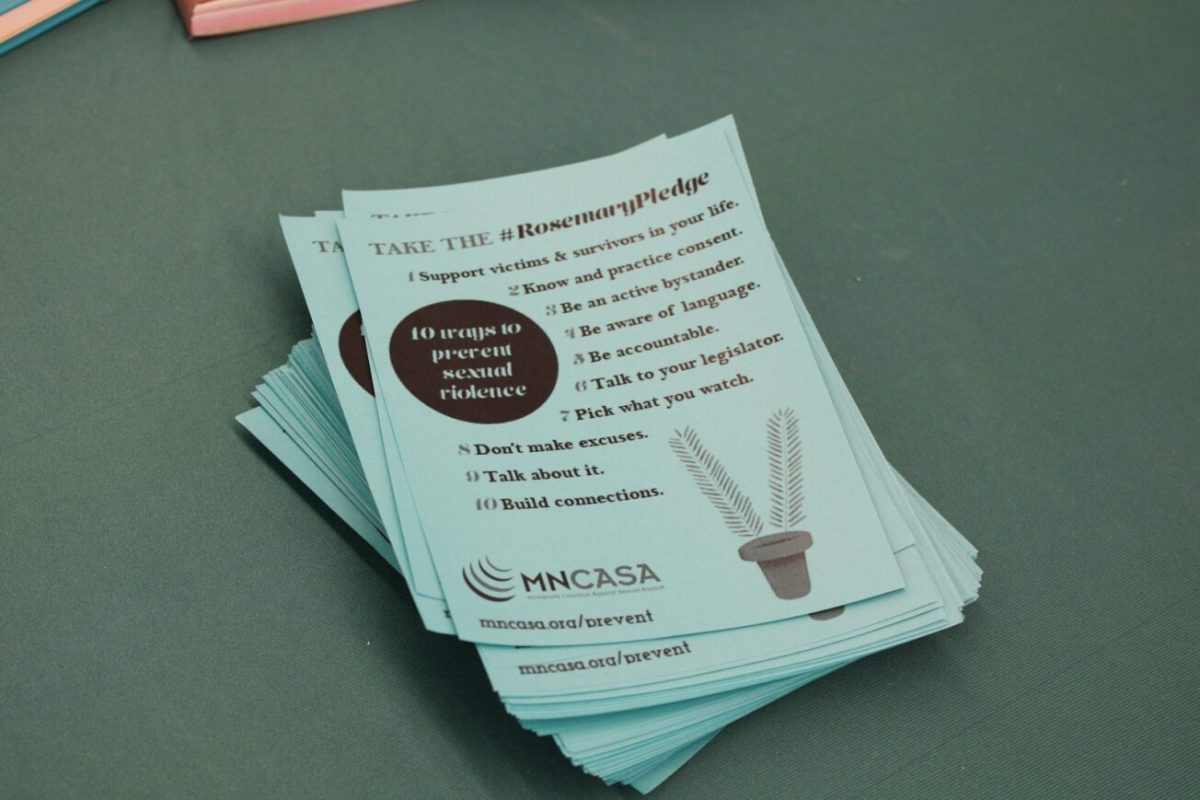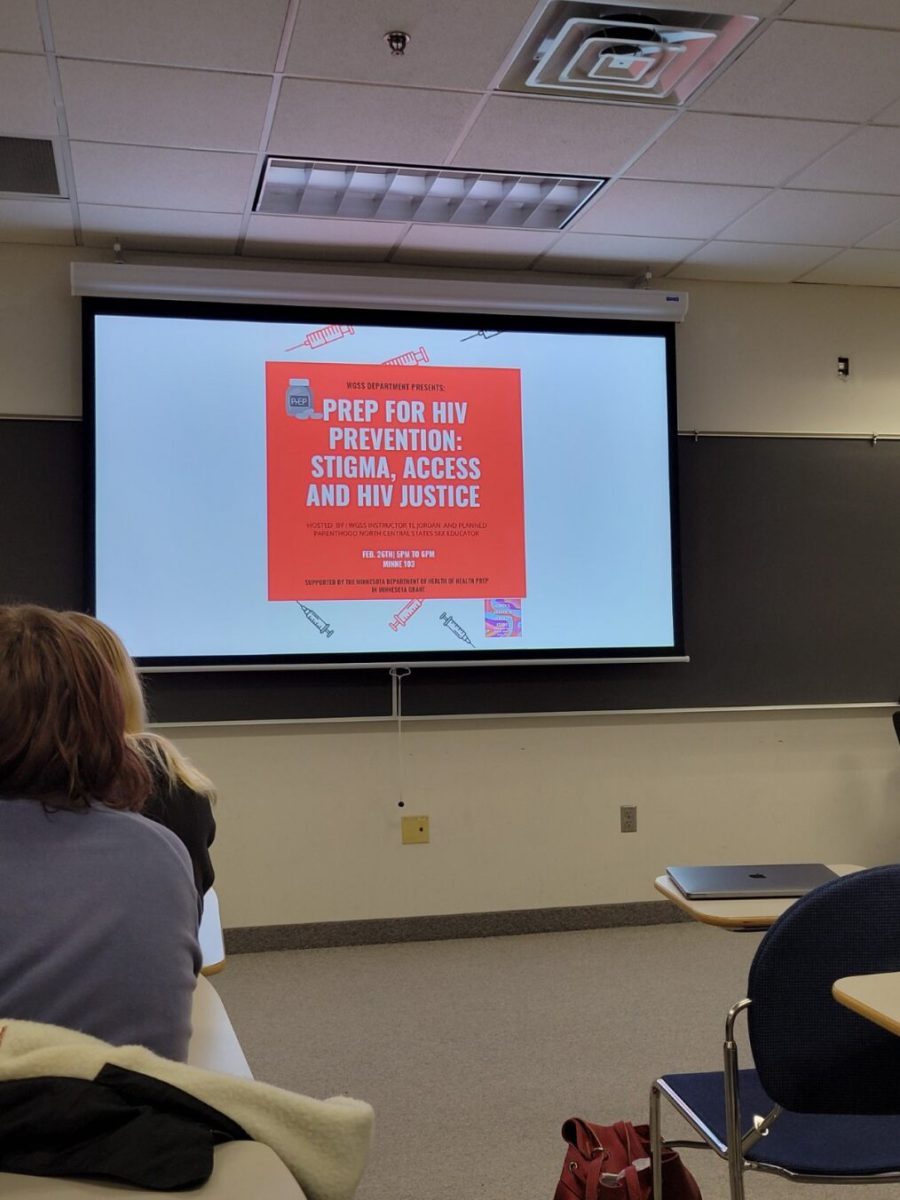Bad habits can last a lifetime. On college campuses around the world, there is a culture of alcoholistic traits that can lead to addiction. What can start as trying something new, can lead to doing that thing every night or day. Once a person becomes dependent on that thing, like alcohol, it is hard to go back.
Trading drinking and ‘nights that turned into days’ stories is a common practice among college students. What they might not notice is that it creates a culture of drinking and creates almost a competition on what they can do next to top their previous night. Some of these traits might be day drinking/drinking during class, aggressive/compulsive behavior, fear, anxiety, shakiness, or cravings from drinking.
The average age to start drinking alcohol in the U.S. is about 14 or 15 years old. There are many risk factors in alcoholism stemming from even before someone reaches college age. A very limited list would include positive parental attitudes towards alcoholic behavior or even parental history with alcoholism, societal association with delinquent or substance-using peers, and childhood sexual abuse and or mental health complications.
“I feel like a lot of what my friends do is chase the next big thing at parties,” said a third-year student who would like to remain anonymous. “If I don’t want to drink on most weekdays they seem to look down on me and leave to find someone who does.”
A common practice from underage bar-goers is the process of getting a fake ID. These actions can change the trajectory of a person’s life if one does not tread carefully. This practice is like an initiation into this culture.
1,519 college students (ages of 18-24) pass away from alcohol-related injuries each year. Those injuries commonly come from motor vehicle crashes. There are overwhelming amounts of research on the abuse of substances like alcohol. From that, there are also ways to prevent addiction. A short list of these would include, counting your drinks, swapping to low or no alcohol alternatives and or activities, and changing routines.
“The habit that can lead to negative long-term effects is mostly the want to go out almost every weekend,” Commented a first-year student who would like to remain anonymous. “I feel that nowadays people think the only way to have fun is with alcohol, and that is something that can create long-term negative effects with someone’s relationship with alcohol.”
According to the Cal Poly Peer Resource Website, “159,000 of today’s college freshmen will drop out of school in the next year for alcohol or drug-related reasons.” Talking with students about this topic many commented that while addiction isn’t a huge issue on campus, alcholistic traits can be common and socially expected in some situations.
“Honestly, I do think that there is some peer pressure regarding drinking and drugs but it is not as bad as I thought it would be. It might be because the people that I choose to surround myself with don’t pressure me into it, but I have yet to feel pressured into drinking when I don’t want to,” the first-year student said. “There is definitely still an alcohol-heavy culture around campus but rarely does that culture affect me personally in a negative way.”
This year, while experts in the Drug Enforcement Administration (DEA) notice a decline in adolescent and teenage drinking, more concerns are raised when they turn to something with a possibly stronger effect. Drugs.





































